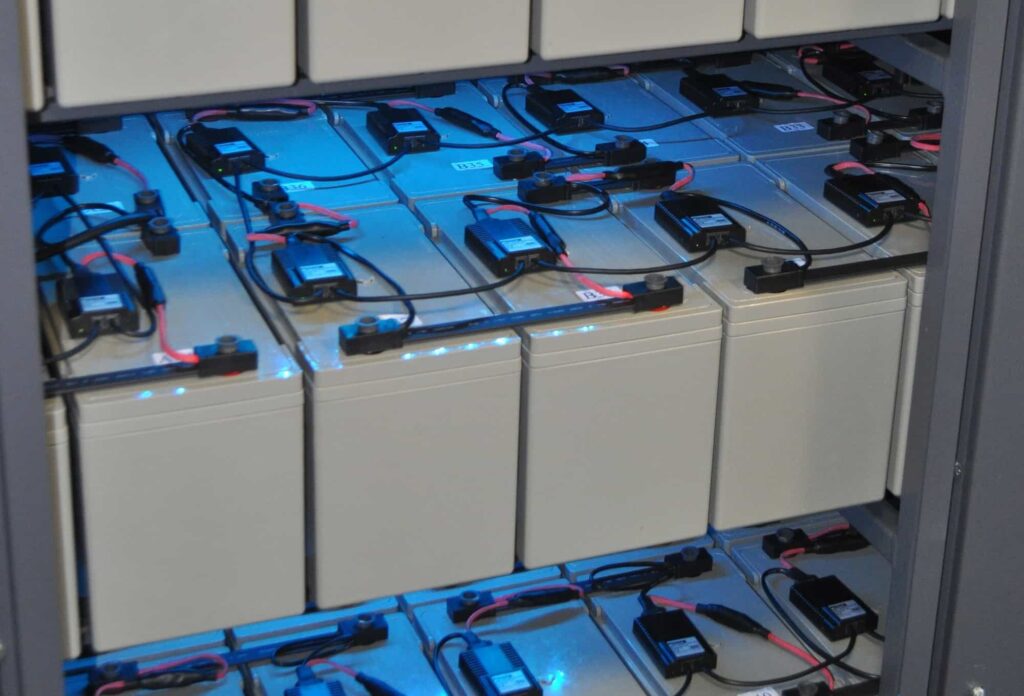The capacity of batteries used in Uninterruptible Power Supply (UPS) systems can vary depending on the specific model and requirements of the UPS unit.
- Sealed Lead Acid (SLA) Batteries: These are one of the most commonly used types of batteries in UPS systems. They come in various capacities ranging from a few ampere-hours (Ah) to several hundred Ah. Typically, UPS systems for home and small office use might have batteries with capacities between 5Ah to 12Ah, while larger enterprise-grade UPS systems could have batteries with capacities exceeding 100Ah.
- Valve Regulated Lead Acid (VRLA) Batteries: VRLA batteries, including Absorbent Glass Mat (AGM) and Gel batteries, are also commonly used in UPS systems. They offer maintenance-free operation and are available in various capacities similar to SLA batteries.
- Lithium-ion Batteries: With advancements in technology, lithium-ion batteries are becoming increasingly popular in UPS systems due to their higher energy density, longer lifespan, and smaller footprint compared to lead-acid batteries. The capacity of lithium-ion batteries used in UPS systems can vary widely based on the specific chemistry and design but generally offer higher capacities compared to lead-acid batteries for a given size.
The capacity of UPS batteries is typically measured in Ampere-hours (Ah) or kilowatt-hours (kWh). When selecting a UPS system, it’s essential to consider the power requirements of the devices it will be supporting, as well as the desired runtime during a power outage, to determine the appropriate battery capacity.


